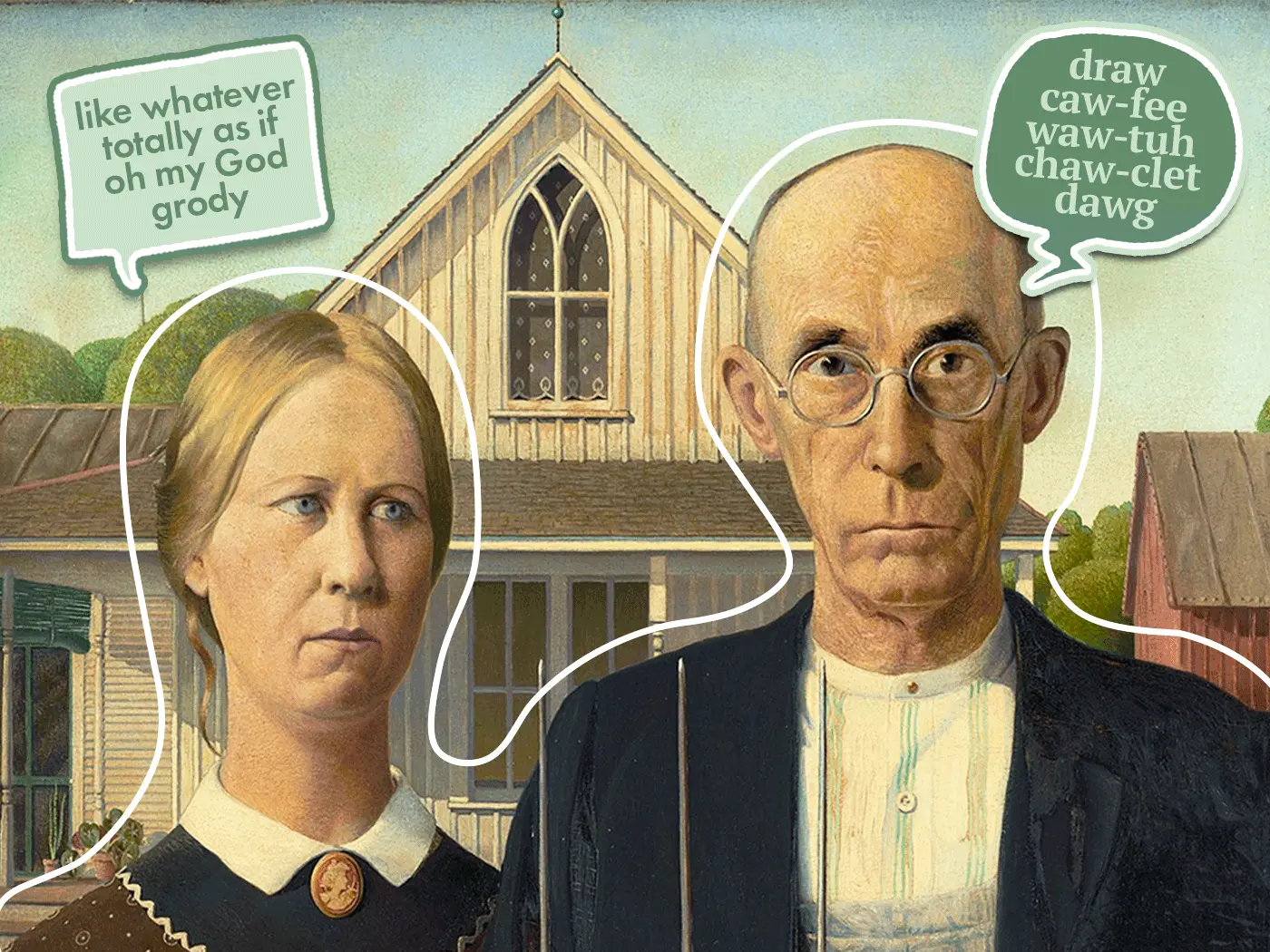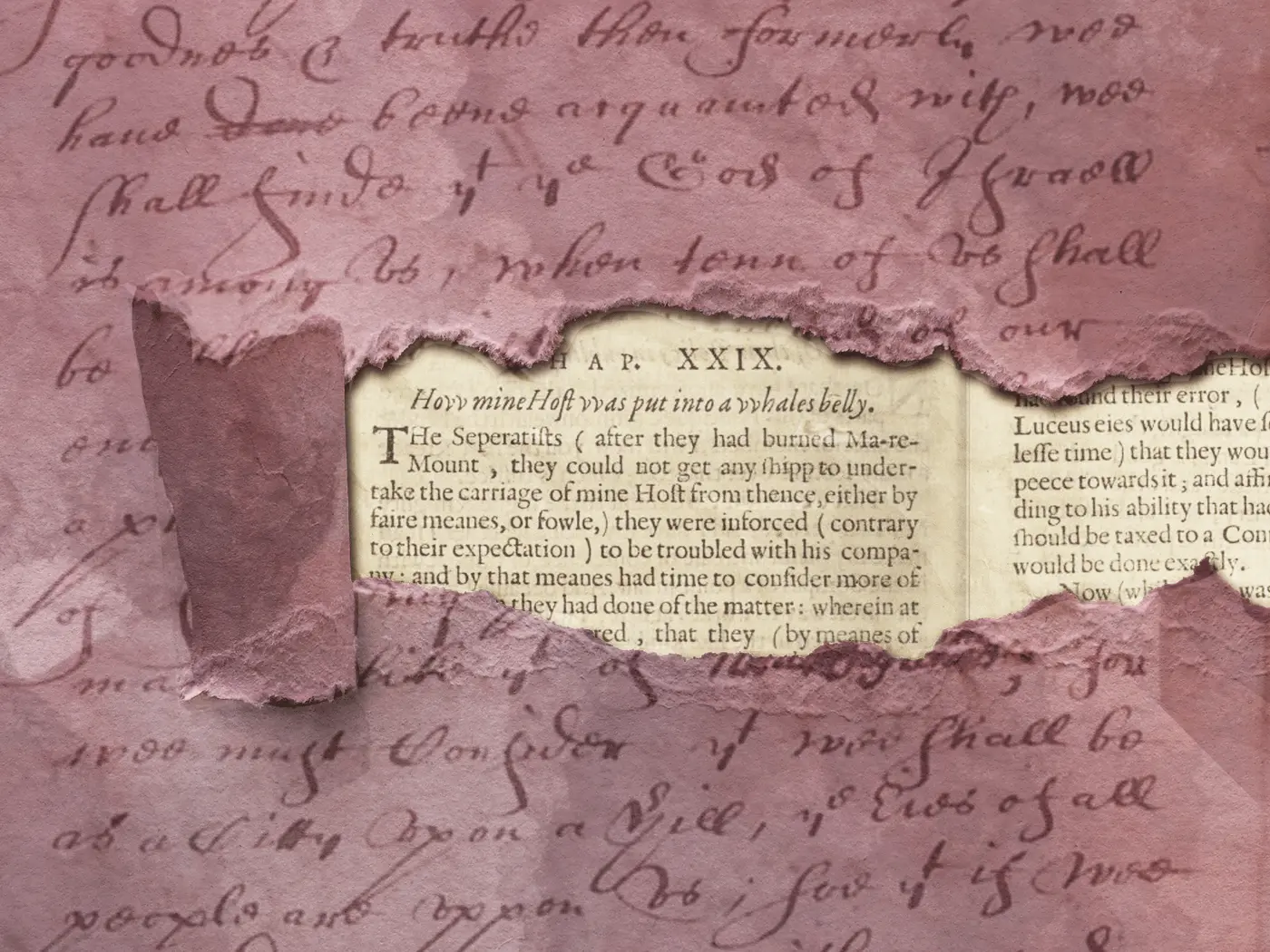History of Now
Six Innovative Ways Humans Have Kept Cool Throughout History
From sleeping porches to coastal escapes, these tips and tricks helped people deal with extreme heat before the advent of air-conditioning
Inside the Fight to Save the Indiana Dunes, One of America's Most Vulnerable National Parks
Caught between steel mills, suburbs and a hard place, the 15,000-acre site is a fantasia of biodiversity—and a case study for hard-fought conservation
Ten Surprising Public Figures Who Dreamed of Olympic Gold
The list includes European royals, Darth Vader's stunt double and an American World War II general
The History of Presidential Assassination Attempts, From Andrew Jackson to Teddy Roosevelt
Before last weekend's attack on Donald Trump, would-be assassins unsuccessfully targeted Ronald Reagan, Franklin D. Roosevelt, and seven other sitting presidents or candidates for office
When a Debate Flop Raised Concerns About Ronald Reagan's Fitness to Run for Re-Election
During the 1984 campaign, the 73-year-old president meandered his way through his first face-off against Walter Mondale, prompting questions about his mental acuity
The Forgotten Black Explorers Who Transformed Americans' Understanding of the Wilderness
Esteban, York and James Beckwourth charted the American frontier between the 16th and 19th centuries
Why the 1924 Democratic National Convention Was the Longest and Most Chaotic of Its Kind in U.S. History
A century ago, the party took a record 103 ballots and 16 days of intense, violent debate to choose a presidential nominee
Why Juneteenth, the U.S.'s Second Independence Day, Is a Federal Holiday
The celebration commemorates June 19, 1865, when a military decree informed the people of Texas that all enslaved people were free
What Does George Orwell's '1984' Mean in 2024?
Now 75 years old, the dystopian novel still rings alarm bells about totalitarian rule
Rome's Talking Statues Have Served as Sites of Dissent for Centuries
Beginning in the Renaissance, locals affixed verses protesting various societal ills to six sculptures scattered across the Italian city
A Massive Crane Helping With the Baltimore Bridge Cleanup Was Built to Recover a Sunken Soviet Submarine
The Chesapeake 1000 was used to construct a ship for a top-secret CIA mission in the 1970s
Seven of the Worst Bridge Disasters in World History
The collapse of Baltimore's Francis Scott Key Bridge is shocking—but not unprecedented
World War II 'Rumor Clinics' Helped America Battle Wild Gossip
Newspapers and magazines across the United States published weekly columns debunking lurid claims that were detrimental to the war effort
As Empires Clashed During World War I, a Global Media Industry Brought the Conflict's Horrors to the Public
An exhibition at LACMA traces the roots of modern media to the Great War, when propaganda mobilized the masses, and questions whether the brutal truths of the battlefield can ever really be communicated
A Brief History of the United States' Accents and Dialects
Migration patterns, cultural ties, geographic regions and class differences all shape speaking patterns
The American Soldier Whose Fear of Fighting in Vietnam Led Him to Defect to North Korea. He Stayed There for 40 Years
During his time in the repressive country, Charles Robert Jenkins married a Japanese abductee, taught English at a school and appeared in propaganda films
Modern Medicine Traces Its Scientific Roots to the Middle Ages
Contrary to popular belief, early medieval doctors relied on rational deduction to understand and treat disease
The Medieval Sect That Inspired the Video Game 'Assassin's Creed'
The Order of Assassins is loosely based on the Nizari Ismailis, who formed a Shiite Muslim state that relied on political assassination to achieve its goal
Ex-Secret Service Agent's Account of JFK's Assassination Could Cast Doubt on 'Lone Gunman' Theory
Paul Landis' new book refutes the idea that a single bullet injured both the president and Texas Governor John B. Connally Jr.
How America's First Banned Book Survived and Became an Anti-Authoritarian Icon
The Puritans outlawed Thomas Morton's "New English Canaan" because it was critical of the society they were building in colonial New England
Page 1 of 11
:focal(700x527:701x528)/https://tf-cmsv2-smithsonianmag-media.s3.amazonaws.com/filer_public/6f/f2/6ff281e3-bbc6-4789-b52f-0b5a849b9c8d/awnings1.jpg)
:focal(3000x2000:3001x2001)/https://tf-cmsv2-smithsonianmag-media.s3.amazonaws.com/filer_public/99/21/9921064c-c8e6-4673-b04b-853d0311c099/gettyimages-530252258.jpg)
:focal(700x527:701x528)/https://tf-cmsv2-smithsonianmag-media.s3.amazonaws.com/filer_public/7a/46/7a4647f9-93e6-4980-a892-e952b37c57ff/surprising-olympians.jpg)
:focal(960x640:961x641)/https://tf-cmsv2-smithsonianmag-media.s3.amazonaws.com/filer_public/e7/a1/e7a19cff-c0ac-4ed3-9d93-98cbbb018601/president_ronald_reagan_moments_before_he_was_shot_in_an_assassination_attempt_1981jpg.webp)
:focal(2000x1333:2001x1334)/https://tf-cmsv2-smithsonianmag-media.s3.amazonaws.com/filer_public/76/50/76505fbc-c730-4387-8cd4-159b65ec2f2b/president_ronald_reagan_and_democratic_candidate_walter_mondale_during_the_second_debate_in_kansas_city_missouri_1.jpg)
:focal(960x750:961x751)/https://tf-cmsv2-smithsonianmag-media.s3.amazonaws.com/filer_public/61/24/612414d8-47b8-4409-92c7-ff17b76615d4/lewis_and_clark-expedition.jpg)
:focal(512x371:513x372)/https://tf-cmsv2-smithsonianmag-media.s3.amazonaws.com/filer_public/01/c6/01c66ef6-2b54-4850-896d-a2ca4051d5c4/service-pnp-ggbain-37200-37249v.jpg)
:focal(2000x1343:2001x1344)/https://tf-cmsv2-smithsonianmag-media.s3.amazonaws.com/filer_public/03/0f/030ff068-d3d4-4e43-bc94-387341ebcbff/gettyimages-1258802344.jpg)
:focal(1669x1319:1670x1320)/https://tf-cmsv2-smithsonianmag-media.s3.amazonaws.com/filer_public/e4/0b/e40bf77b-290e-4d1c-91db-17c1bef0d6dd/gettyimages-3396793.jpg)
:focal(960x795:961x796)/https://tf-cmsv2-smithsonianmag-media.s3.amazonaws.com/filer_public/b4/a2/b4a2501d-760c-4b50-9e98-c5547dc2fc2e/rome-pasquino-may-2009.jpg)
:focal(2739x1826:2740x1827)/https://tf-cmsv2-smithsonianmag-media.s3.amazonaws.com/filer_public/07/f1/07f1e39b-9dcf-4493-ae6b-7e0d28e80f4a/gettyimages-2115097543_1.jpg)
:focal(4128x2752:4129x2753)/https://tf-cmsv2-smithsonianmag-media.s3.amazonaws.com/filer_public/01/84/01841bc1-6327-4aea-aaec-fa510dd68e68/gettyimages-2107843813.jpg)
:focal(700x527:701x528)/https://tf-cmsv2-smithsonianmag-media.s3.amazonaws.com/filer_public/30/12/301254f7-f700-4a58-91e2-8039dd06ae98/rumors2.jpg)
:focal(1050x830:1051x831)/https://tf-cmsv2-smithsonianmag-media.s3.amazonaws.com/filer_public/7f/6b/7f6b81ce-e2d7-4d85-a8a2-d67c6a8b719b/rsex8938_060-access.jpg)

:focal(700x527:701x528)/https://tf-cmsv2-smithsonianmag-media.s3.amazonaws.com/filer_public/6d/2d/6d2db367-9bc0-4a39-8223-c63fdeafcb68/crj.jpg)
:focal(700x527:701x528)/https://tf-cmsv2-smithsonianmag-media.s3.amazonaws.com/filer_public/ce/b6/ceb64f57-8510-4d00-a71d-47a68fe6d9f6/manuscript.jpg)
:focal(1209x818:1210x819)/https://tf-cmsv2-smithsonianmag-media.s3.amazonaws.com/filer_public/d1/87/d187999a-ab2f-481a-929c-22eec6c95e87/hassan-i_sabbah-1.jpeg)
:focal(1550x1100:1551x1101)/https://tf-cmsv2-smithsonianmag-media.s3.amazonaws.com/filer_public/49/00/49002efe-633c-4c50-9286-9302b773b286/gettyimages-615320656.jpg)
